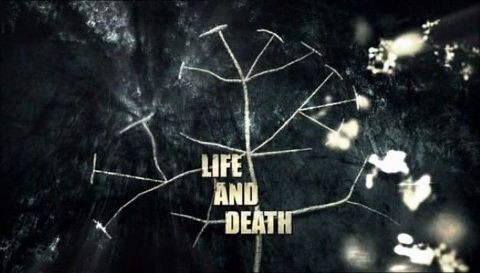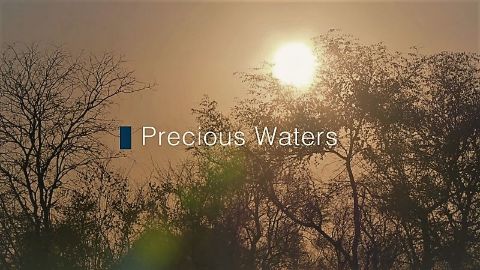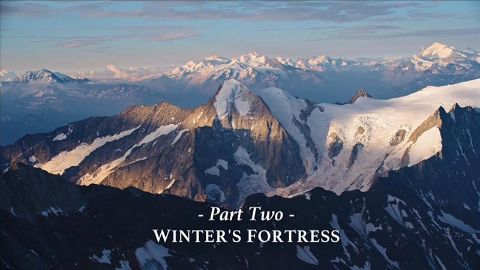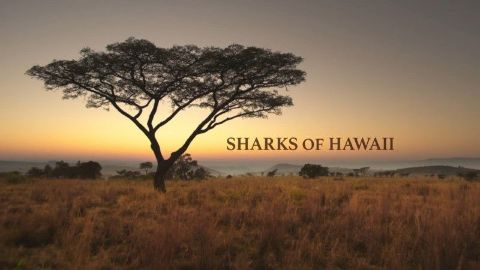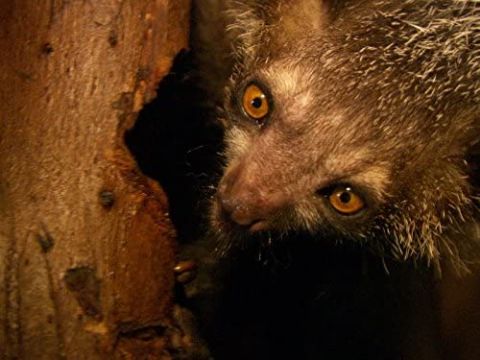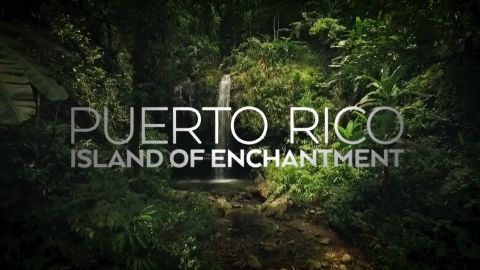Body and Soul • 2009 • episode "S1E1" • Darwin's Dangerous Idea
The first programme of Darwin's Dangerous Idea explores the impact of Darwin’s ideas on religion and morality. Andrew Marr discovers that an important part of the Beagle’s mission was to return three natives to their homeland, Tierra del Fuego, at the southernmost tip of Argentina. Years before he reached the Galapagos, they raised questions in his mind about the fragility of civilisation and what it really means to be human. Marr explores how Darwin developed his ideas when he returned to Britain and finally unleashed his theory of evolution by natural selection on the world. Darwin’s ideas are taken up by many of the major thinkers of the late 19th and early 20th centuries: Karl Marx, Friedrich Nietzsche and Sigmund Freud. We discover that his ideas helped motivate the Kaiser’s army in the First World War and would also help convince the United States government to drop its isolationist policy and enter the conflict. In the 20th century, we discover a growing backlash against Darwin’s ideas among fundamentalists from the world’s major religions. At the same time science has been showing that Darwin’s theory of natural selection holds sway over our behaviour - including our morality - as much as it does over the evolution of our bodies. There is significant scientific evidence that suggests that Darwin has returned humanity to nature, in all its wonder, its glory and its danger.
Make a donation
Buy a brother a hot coffee? Or a cold beer?
Hope you're finding these documentaries fascinating and eye-opening. It's just me, working hard behind the scenes to bring you this enriching content.
Running and maintaining a website like this takes time and resources. That's why I'm reaching out to you. If you appreciate what I do and would like to support my efforts, would you consider "buying me a coffee"?
Donation addresses
BTC: bc1q8ldskxh4x9qnddhcrgcun8rtvddeldm2a07r2v
ETH: 0x5CCAAA1afc5c5D814129d99277dDb5A979672116
With your donation through , you can show your appreciation and help me keep this project going. Every contribution, no matter how small, makes a significant impact. It goes directly towards covering server costs.


